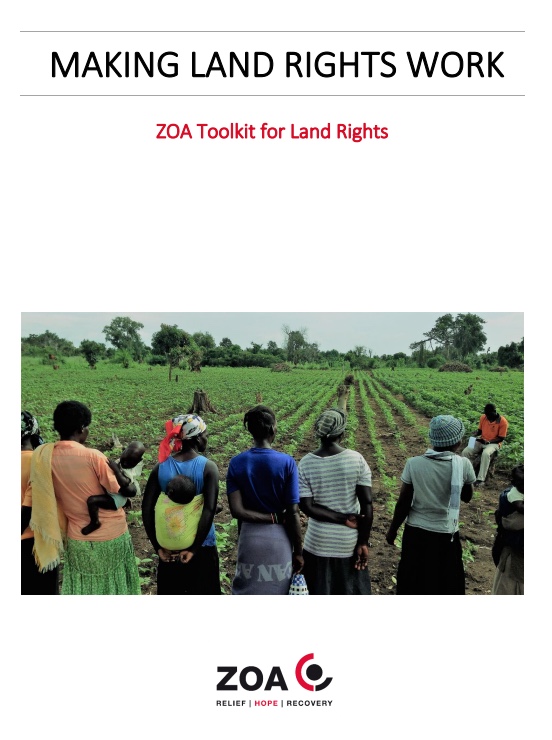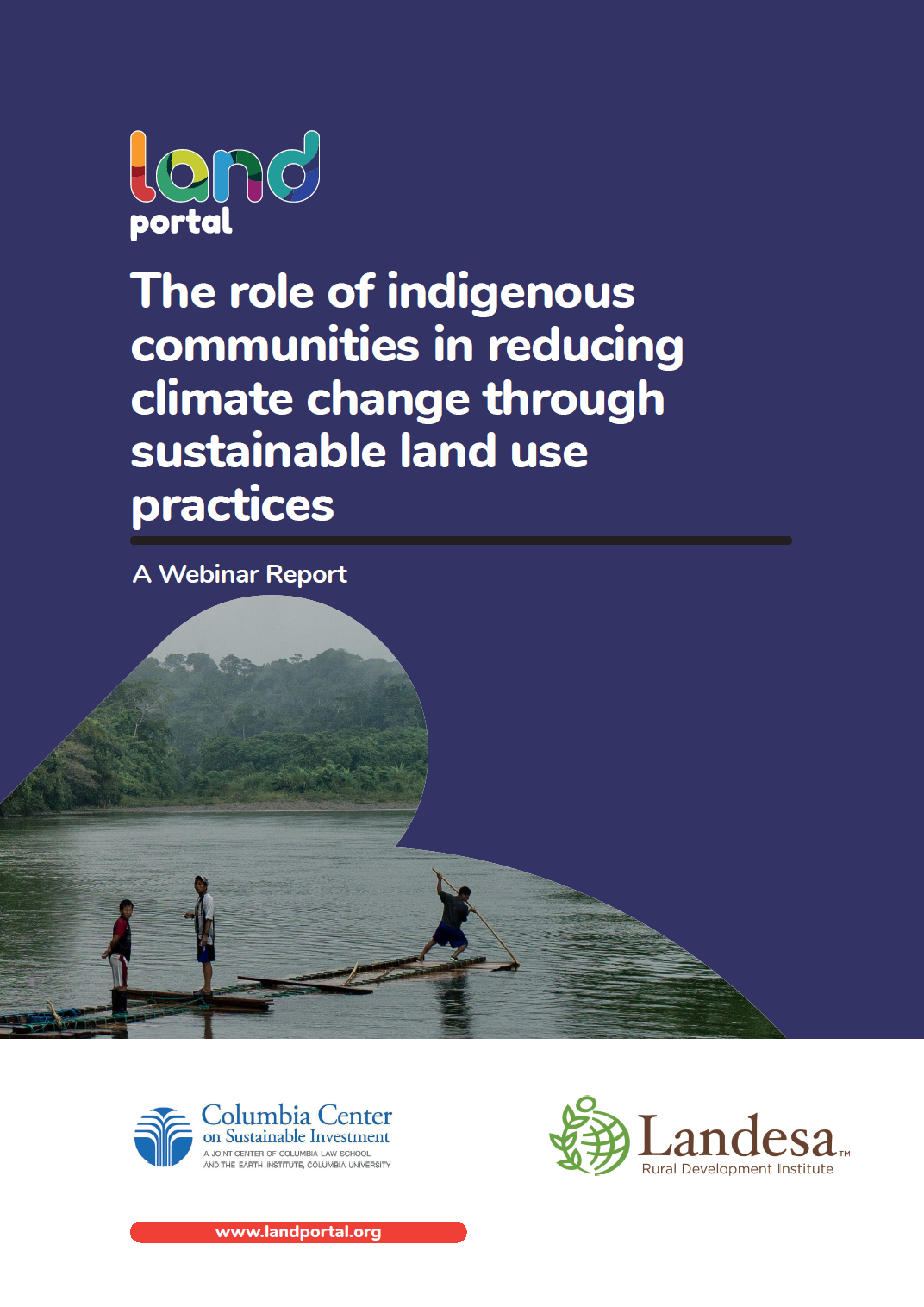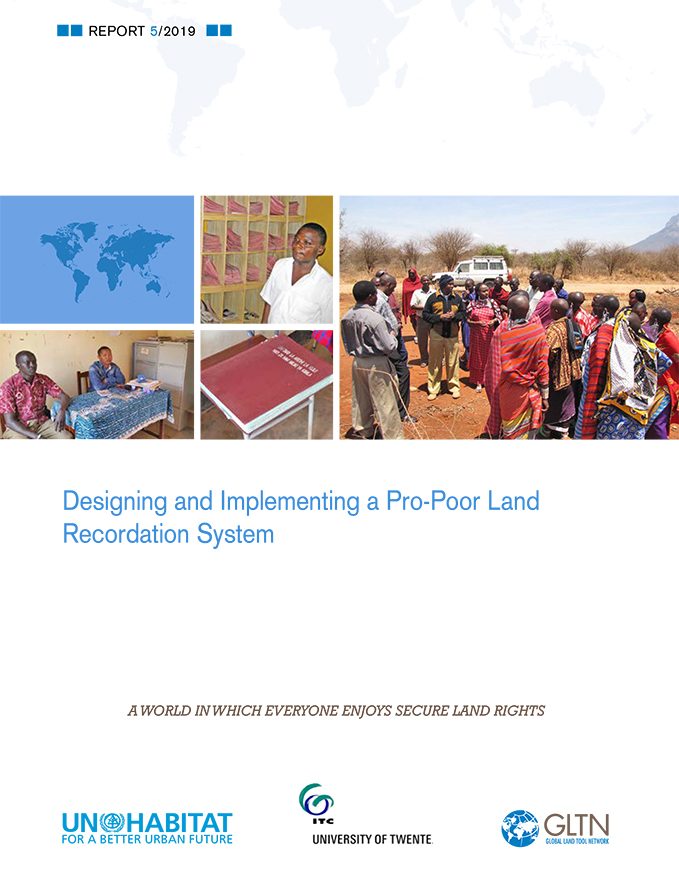This toolkit aims to offer concrete tools for practitioners to engage with land rights on different levels. This toolkit intends to offer an introduction to different tools that can be used. Furthermore, the aim is to offer clear guidance on how to implement the tools.
FONCIER EN MAURITANIE : SITUATION, DÉFIS ET QUÊTE D’ADAPTATION(Article scientifique)Par Dr Ousmane WAGUE, coordinateur du master « Migrations, gouvernance foncière et territoriale »Université de Nouakchott Al Asria SommaireLE FONCIER EN MAURITANIE : SITUATION, DÉFIS ET QUÊTE D’ADAPTATION..…
From July 17 to August 7, 2019, the Land Portal Foundation, the African Land Policy Center, GIZ and Transparency International Chapters in Ghana, Kenya and Uganda co-facilitated the dialogue Land Corruption in Africa addressing the role of traditional leaders in customary land administration,…
The climate crisis demands urgent action, yet we live in a politically polarized and paralyzed world. As governments and other actors struggle over climate change, our environment is irreversibly changing. A United Nations <a href="…
The challenges to tenure security in both urban and rural areas are not only large, but they are increasing due to the different types of pressures making land more and more scarce. There is growing acceptance that only by recognizing and supporting a continuum of land rights, can tenure…
Le présent outil identifie des éléments-clés que les décideurs devraient considérer lors de l’élaboration de lois sur la foresterie communautaire. Il comprend d’une part des questions pour la mise en oeuvre de processus de réformes juridiques inclusifs et cohérents permettant d’atteindre un…
The New Urban Agenda and SDG 11 promote inclusive urban development, but limited empirical
knowledge exists on how such global rhetoric plays out on the ground. This paper contributes
to the inclusive city debate by focusing on the case of Soba, a peri-urban area at the fringes…
In Nigeria, the spatial requirements of cadastral map for the purposes of land registration are based on 2D planimetric boundary coordinates without consideration for the elevation component of geometric space. Whereas, recent development in technology and practises in many countries requires…
Various methodologies are being put in place in participatory mapping programs by actors with the aim of improving the system of land governance. However, they all contribute to the integrated management of resources and the strengthening of local user rights. The…
The residential property market in Zambia is characterised by lack of readily available property market data resulting in market values that do not reflect all market information. An empirical case study approach based on best practice from both developed and developing countries to assess how…
Artisanal and small-scale mining affects the quality and components of the environment in the Batouri area in different ways. Activities interfere with air, soil, water, fauna and forest resources. This study seeks to assess the impacts of mining on the environment using a combination of spatial…
Rural people’s livelihoods are intimately linked to the landscapes in which they live and are particularly vulnerable to changes in these landscapes (Suich et al [...]








